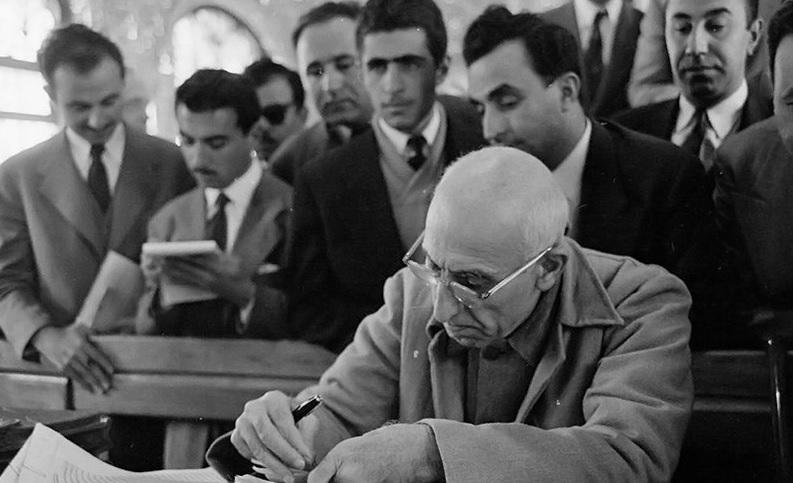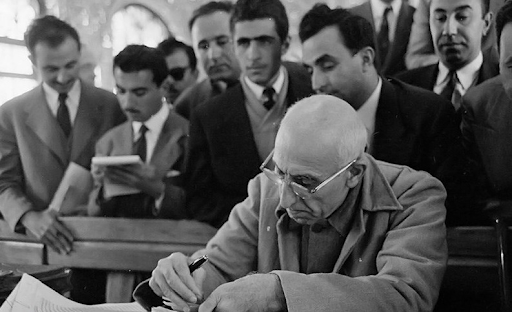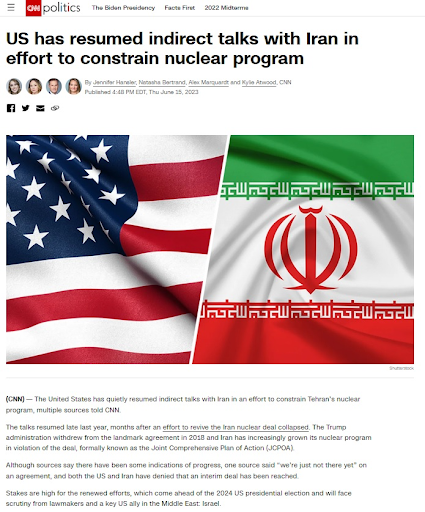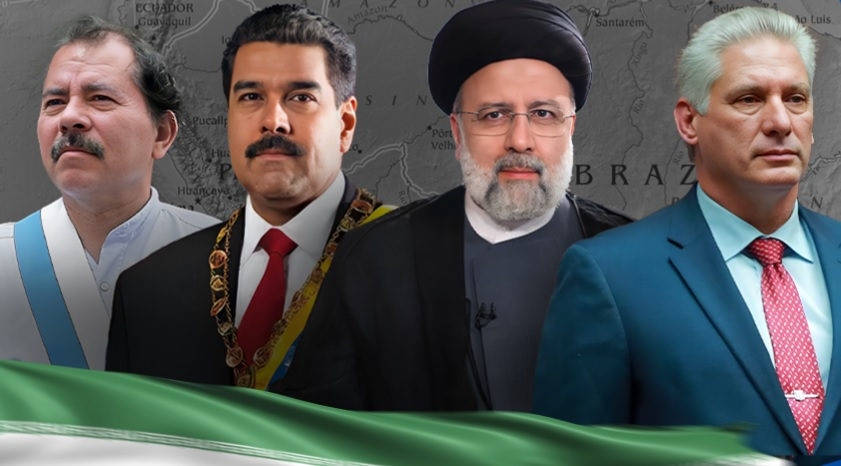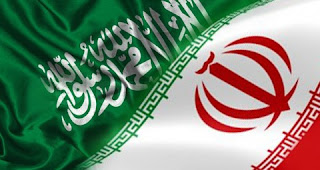
Iran and Saudi Arabia are discussing canceling the visa and developing tourism relations
The Iranian government announced today, Saturday, the continuation of Iranian and Saudi efforts to develop tourism relations.
Iranian Deputy Minister
of Cultural Heritage and Tourism, Maryam Jalali Dehkerdi, who is currently in Riyadh to participate in World Tourism Day activities, said, “Ideas were exchanged with the Saudi Deputy Minister of Tourism for International Relations and Foreign Tourism, Sultan Al-Musallam, about ways to remove obstacles to the development of... Tourism relations between the two countries, and the cancellation of the visa between the two countries,” according to what the Iranian “ISNA” agency reported.
Jalali invited the Saudi Minister of Tourism to visit Iran.
On September 23, the Iranian President congratulated Saudi King Salman bin Abdulaziz and the Crown Prince on the occasion of the Kingdom’s Saudi National Day, in two separate telegrams.
Raisi expressed his hope that “relations will witness further expansion in all fields, in light of the efforts between the two countries.”
It is noteworthy that the Iranian President had confirmed during his meeting with the Saudi Foreign Minister, Faisal bin Farhan, on June 17 that there is no reason to prevent the development of relations with Islamic countries, pointing out the importance of developing relations with Riyadh and that the interest of the two peoples requires dealing between the two countries.
On June 6, Tehran officially opened the Iranian Embassy in Riyadh, the Iranian Consulate General in Jeddah, and the Permanent Representation of Iran to the Organization of Islamic Cooperation.
Last March, Riyadh and Tehran announced their agreement to resume diplomatic relations, after years of estrangement.



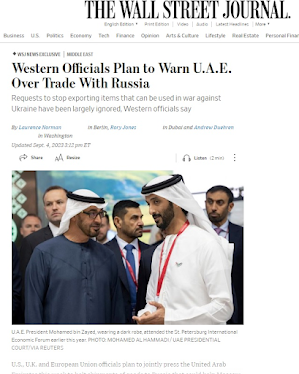








.jpg)
.jpg)







